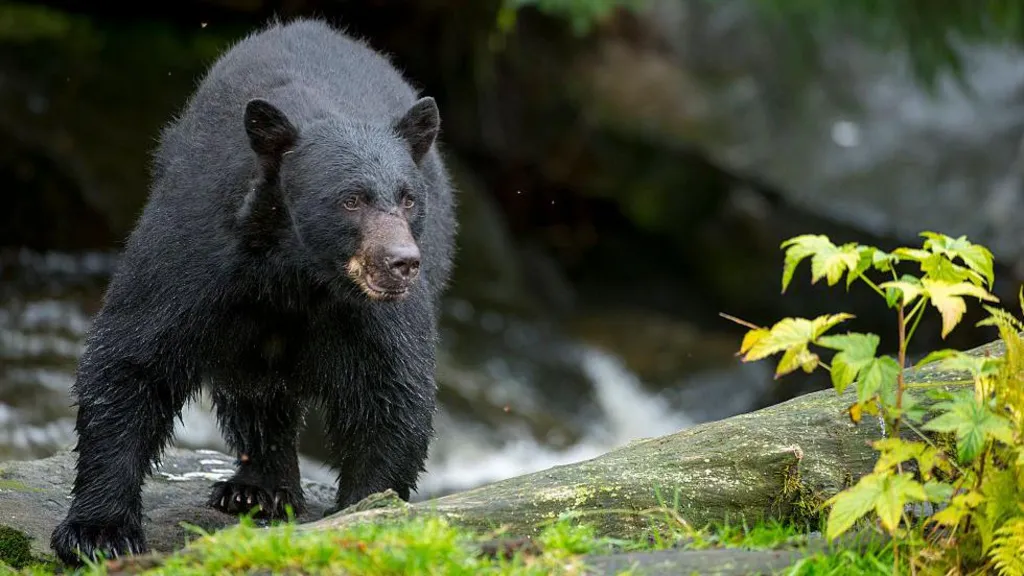A hunter thought he spotted a black bear in northern Idaho, so he shot and killed it, officials said.
Then he realized he made a big mistake.
The hunter had killed a young grizzly bear — a federally protected animal — on June 10 in the Panhandle region, the Idaho Game and Fish said in a June 14 news release.
Grizzly bears have been listed as a threatened species by the U.S. Fish and Wildlife Service since 1975 in the lower 48 states.
They are protected at a state and federal level, making it illegal to “harm, harass, or kill grizzly bears, except in cases of self defense or the defense of others.”
Officials said the grizzly wandered into the unit 6 area where they are not commonly found.
However, young grizzlies are known to “wander long distances and into areas where people don’t expect to encounter them,” officials said.
Grizzly bears won’t stay in the area for long as they typically roam through areas, officials said.
The hunter reported the incident and has been cooperating with authorities.
WHAT MAKES A BLACK BEAR AND GRIZZLY DIFFERENT?
Now, officials are warning other hunters to review their bear identification skills.
A grizzly bear can be spotted by its short, rounded ears, shoulder hump, long claws and dished (concave) face profile, wildlife officials said.
A black bear has tall ears, a straight face profile, no shoulder hump and shorter claws.
The sizing and coloring of a bear are not reliable ways to determine the difference between the two, wildlife officials said.
Bears vary in size at different ages and in different physical conditions, making it difficult to identify a bear based on size alone, officials said.
Both bears also vary in color. A black bear can be blonde, cinnamon or black while a grizzly bear can have nearly black coloring.

WHAT TO DO IF YOU SEE A BEAR
Bear attacks in the U.S. are rare, according to the National Park Service. In most attacks, bears are trying to defend their food, cubs or space.
There are steps people can take to help prevent a bear encounter from becoming a bear attack.
- Identify yourself: Talk calmly and slowly wave your arms. This can help the bear realize you’re a human and nonthreatening.
- Stay calm: Bears usually don’t want to attack; they want to be left alone. Talk slowly and with a low voice to the bear.
- Don’t scream: Screaming could trigger an attack.
- Pick up small children: Don’t let kids run away from the bear. It could think they’re small prey.
- Hike in groups: A group is noisier and smellier, the National Park Service said. Bears like to keep their distance from groups of people.
- Make yourself look big: Move to higher ground and stand tall. Don’t make any sudden movements.
- Don’t drop your bag: A bag on your back can keep a bear from accessing food, and it can provide protection.
- Walk away slowly: Move sideways so you appear less threatening to the bear. This also lets you keep an eye out.
- Again, don’t run: Bears will chase you, just like a dog would.
- Don’t climb trees: Grizzlies and black bears can also climb.
This article by Helena Wegner was first published by Tri-City Herald on 21 June 2024. Lead Image: A hunter looking for black bears shot a grizzly bear (not the one pictured) by mistake on June 8 in North Idaho, wildlife officials said. Jim Peaco National Park Service.
What you can do
Help to save wildlife by donating as little as $1 – It only takes a minute.







Leave a Reply